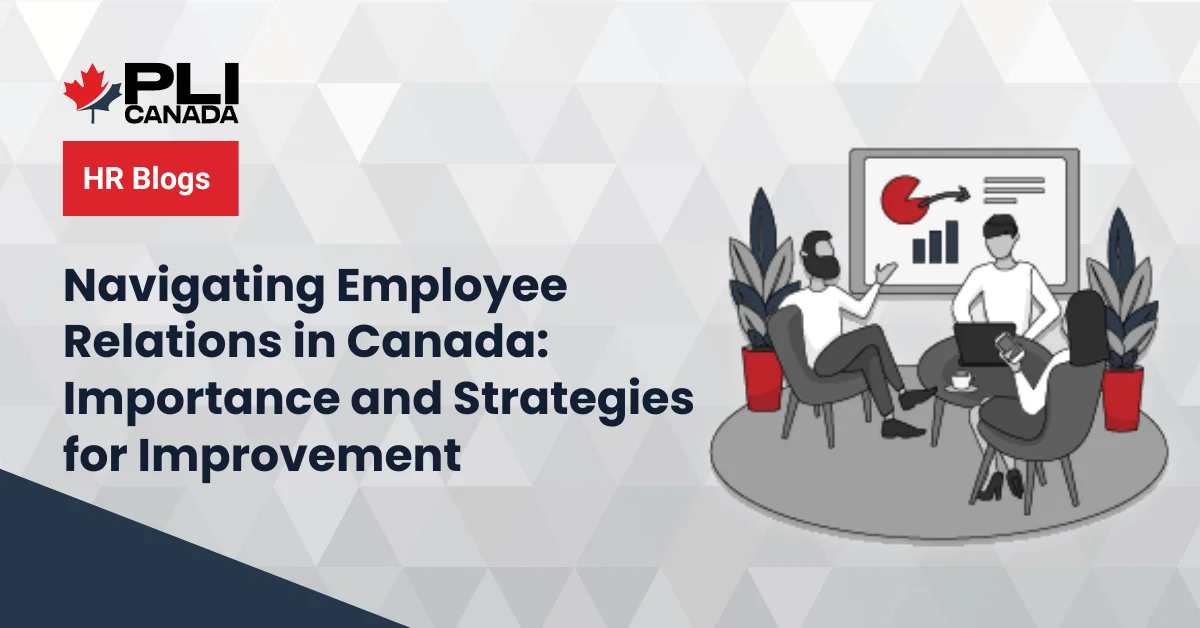Understanding Minimum Wage in Canada Businesses

Understanding Minimum Wage in Canada
Minimum wage is a critical component of Canada’s labor market, ensuring that workers receive a baseline level of income for their work. This blog post provides an in-depth look at the minimum wage in Canada, its impact on the economy, and what employers and employees need to know.
What is Minimum Wage?
Minimum wage is the lowest hourly pay that employers can legally give their employees. The goal is to protect workers from exploitation and ensure a standard of living that covers basic needs. Each province and territory in Canada sets its own minimum wage rates, which can vary significantly based on the cost of living and economic conditions.
Why Minimum Wage Matters
Minimum wage laws play a crucial role in maintaining a fair labor market. For employees, it guarantees a basic level of income, which can reduce poverty and inequality. For employers, it sets a standard that can help attract and retain workers. Additionally, minimum wage increases can stimulate economic activity by boosting workers’ purchasing power.
Current Minimum Wage Rates Across Canada
As of 2024, here are the minimum wage rates in effect across different provinces and territories. (Please insert the latest data in the table below.)
| Jurisdiction | Effective Date | Wage Rate |
|---|---|---|
| Federal | 01-Apr-2024 | $17.30 |
| Alberta | 26-Jun-2019 | $15.00 |
| British Columbia | 01-Jun-2024 | $17.40 |
| Manitoba | 01-Oct-2023 | $15.30 |
| New Brunswick | 01-Apr-2024 | $15.60 |
| Northwest Territories | 01-Sep-2023 | $16.05 |
| Nova Scotia | 01-Apr-2024 | $15.20 |
| Nunavut | 01-Apr-2020 | $16.00 |
| Ontario | 01-Oct-2023 | $16.55 |
| Prince Edward Island | 01-Oct-2024 | $16.00 |
| Quebec | 01-May-2024 | $15.75 |
| Saskatchewan | 01-Oct-2024 | $15.00 |
| Yukon | 01-Apr-2024 | $17.59 |
Factors Influencing Minimum Wage Rates
Several factors influence the determination of minimum wage rates, including:
- Cost of Living: Higher living costs in some regions necessitate higher minimum wages to ensure workers can afford basic necessities.
- Economic Conditions: During economic downturns or periods of high inflation, minimum wages may be adjusted to help workers cope.
- Labor Market Conditions: Areas with labor shortages may see higher minimum wages as a way to attract workers.
Implications for Employers
Employers need to stay informed about minimum wage changes to ensure compliance and avoid penalties. Moreover, understanding the minimum wage landscape can help in budgeting and workforce planning. Employers may also need to adjust their pay structures to remain competitive and attract talent.
Implications for Employees
For employees, minimum wage laws ensure fair compensation. Staying informed about their rights and the minimum wage rates in their region can help employees advocate for fair pay and understand their earning potential.
Future Trends in Minimum Wage
The debate over minimum wage continues, with arguments for and against significant increases. Proponents argue that higher wages reduce poverty and boost the economy by increasing consumer spending. Opponents worry about potential job losses and increased costs for businesses. Watching legislative trends and economic data will provide insight into future changes.
Minimum wage is a vital aspect of the Canadian labor market, impacting millions of workers and thousands of businesses. By understanding the current rates, factors influencing these rates, and their implications, both employers and employees can navigate the labor market more effectively. Stay tuned for updates as this dynamic aspect of employment law continues to evolve.
Need help with
HR Functions?
Need help with
HR Functions?
The Strategic Advantage of Outsourcing HR Functions for Small Businesses

Enhancing Efficiency and Focus
Small businesses often operate with limited resources, and the administrative load of managing HR functions can detract from focusing on core business activities. Outsourcing HR tasks to specialized service providers like PLI Canada enables small business owners to concentrate on growth and development, knowing that their HR needs are managed by experts.
Access to Expertise and Compliance
The landscape of employment law is complex and ever-changing. Outsourcing HR functions to a professional firm ensures that your business stays compliant with labor laws and regulations, minimizing the risk of legal complications. PLI Canada brings a wealth of knowledge and experience, ensuring that your business is not only compliant but also adopts best practices in HR management.
Cost-Effectiveness
Building an in-house HR department can be costly, especially for small businesses. Outsourcing offers a more cost-effective solution by eliminating the need for a full-time salary, benefits, and ongoing training costs associated with HR personnel. With PLI Canada, you get access to top-tier HR services at a fraction of the cost of an in-house team.
Scalability and Flexibility
As your business grows, your HR needs will evolve. Outsourcing HR functions provide the flexibility to scale services up or down based on your business’s current needs without the hassle of hiring or downsizing an in-house team. Whether you’re looking to expand your team, manage payroll, or navigate employee relations, PLI Canada offers customizable solutions that grow with your business.
Enhanced Employee Experience
Outsourcing HR functions can lead to a better experience for your employees. With access to professional HR services, employees benefit from efficient payroll services, well-managed benefits, and clear communication channels. PLI Canada prioritizes the well-being of your team, ensuring that their concerns are addressed promptly and professionally, leading to higher employee satisfaction and retention.
Why Choose PLI Canada?
Located in the vibrant community of Surrey in the Lower Mainland, PLI Canada is your local partner in outsourced HR services. Our team of experts is dedicated to providing personalized and effective HR solutions that align with your business’s unique needs. We understand the challenges small businesses face and are committed to helping you overcome them by taking the HR load off your shoulders.
Are you ready to explore the benefits of outsourcing your HR functions ?
Outsourcing HR functions is a strategic move that can lead to significant benefits for small businesses, including operational efficiency, cost savings, compliance, and improved employee satisfaction. By partnering with PLI Canada, you gain access to a team of HR professionals who are committed to your business’s success.
If you’re ready to explore the benefits of outsourcing your HR functions, contact PLI Canada today. Call us at +1.604.332.4321 or book an appointment from our website. Let us help you navigate the complexities of HR management, so you can focus on what you do best—growing your business.
About us
At PLI Canada, we’re not just your service provider; we’re your HR partner, dedicated to your success. Contact us to discover how we can elevate your HR processes, allowing you to achieve greater efficiency, compliance, and employee engagement. Visit us at plicanada.com or call +1.604.332.4321 to learn more about our services and book an appointment. Let’s build a thriving workplace together.